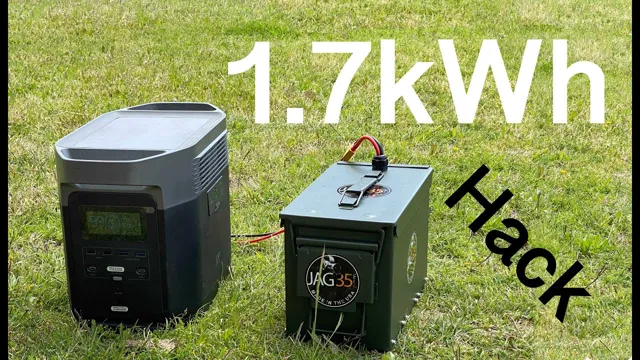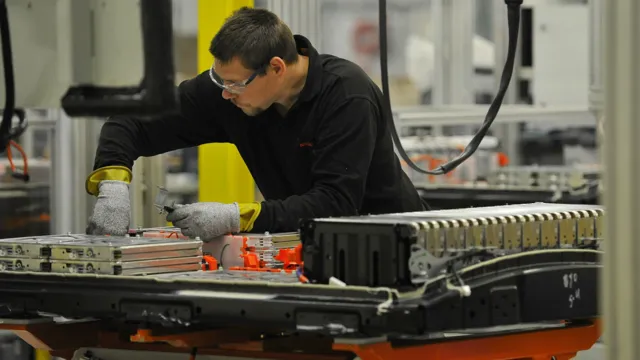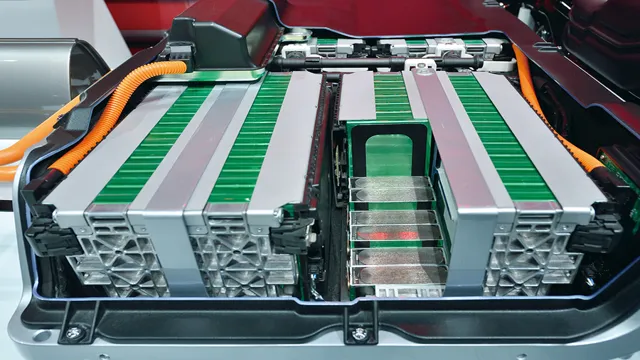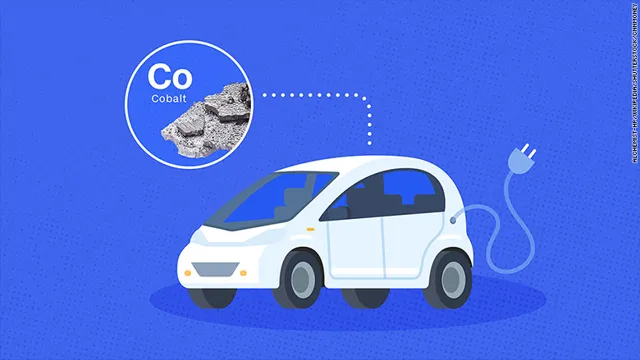Boost Your Range: The Ultimate Guide to Adding an Extra Battery to Your Electric Car
Do you ever wish you could drive your electric vehicle further between charges? Boosting your EV range is a common concern among EV owners, but thankfully, there are several strategies you can implement to increase your range and get the most out of your ride. From simple driving techniques to more complex battery modifications, we’ll explore various ways to boost your EV range so you can enjoy longer journeys with ease. Whether you’re planning a road trip or just want to reduce your number of charging stops, read on to discover how to maximize your EV’s range and never get stranded on the side of the road again.
Can You Add Extra Battery to an Electric Car?
Adding extra batteries to most existing EVs is not recommended due to safety and technical challenges. The electrical system and software in an EV are specifically designed to work with the original battery pack. Adding more batteries could overload the system, leading to overheating and potential fire hazards.
While adding extra batteries isn’t currently a safe option, there are alternative solutions to extend your EV’s range. These include portable chargers for emergency top-ups and utilizing public charging networks on your route. Battery swapping stations are another concept, although they currently are limited to certain car manufacturers like Tesla.
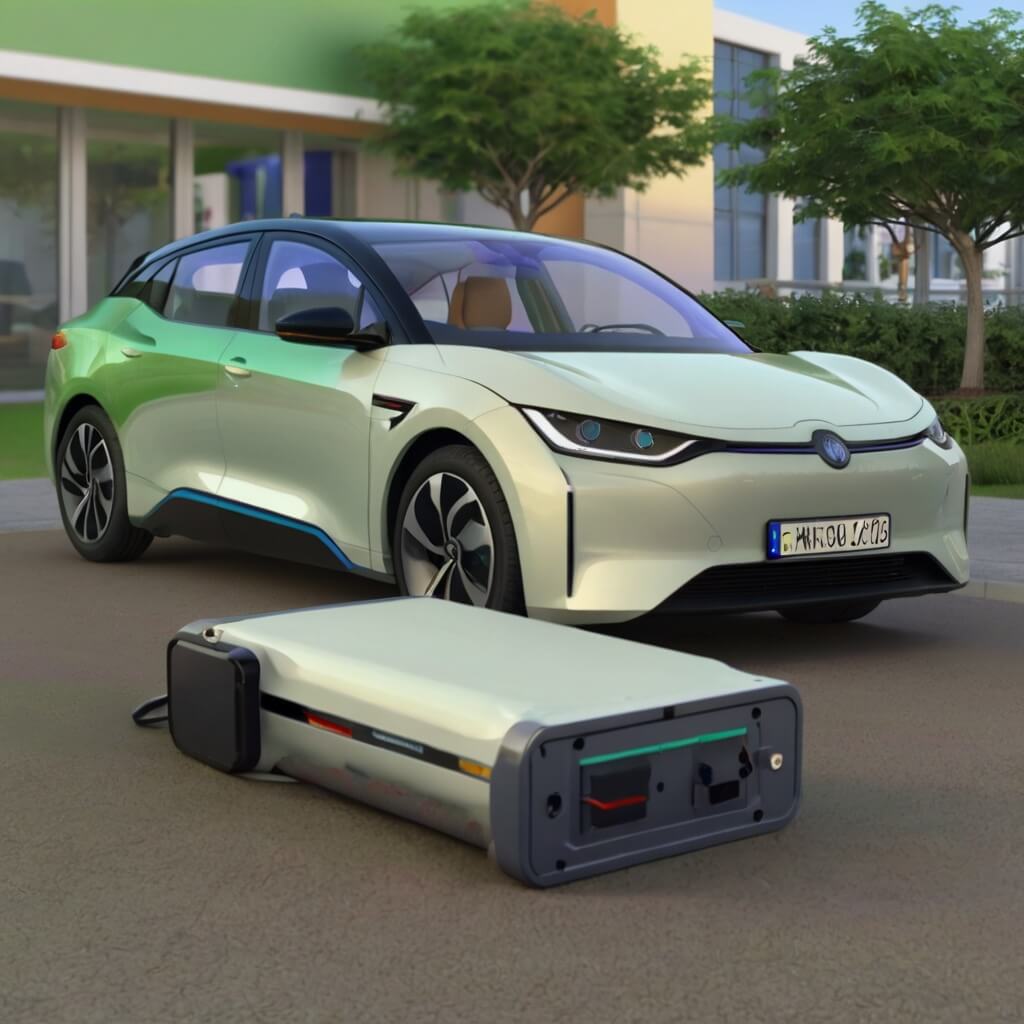
Why Adding Extra Batteries is a Risky Proposition
While the allure of extending your EV’s range with extra batteries is understandable, the reality is fraught with technical challenges and safety concerns. Here’s why tinkering with the battery system is not recommended:
- Intricate Integration: Modern EVs are designed as a complete system. The battery pack is meticulously integrated with the car’s electrical system and software to ensure optimal performance, safety, and efficiency. Adding extra batteries disrupts this delicate balance.
- Overload and Overheating: The car’s electrical system is calibrated for a specific battery capacity. Introducing additional batteries could overload the system, exceeding its design limits. This can lead to overheating of electrical components, potentially causing damage or even fire.
- Fire Hazards: Lithium-ion batteries, commonly used in EVs, are susceptible to thermal runaway – a dangerous chain reaction where overheating leads to cell failure, further heat generation, and potential explosion. Adding unapproved batteries increases the risk of such incidents.
- Warranty Woes: Modifying your EV’s battery system almost certainly voids the manufacturer’s warranty. This means you’ll be responsible for any repairs or replacements resulting from these modifications.
In essence, adding extra batteries is akin to rewiring your home’s electrical system without proper training – the potential consequences are simply not worth the risk.
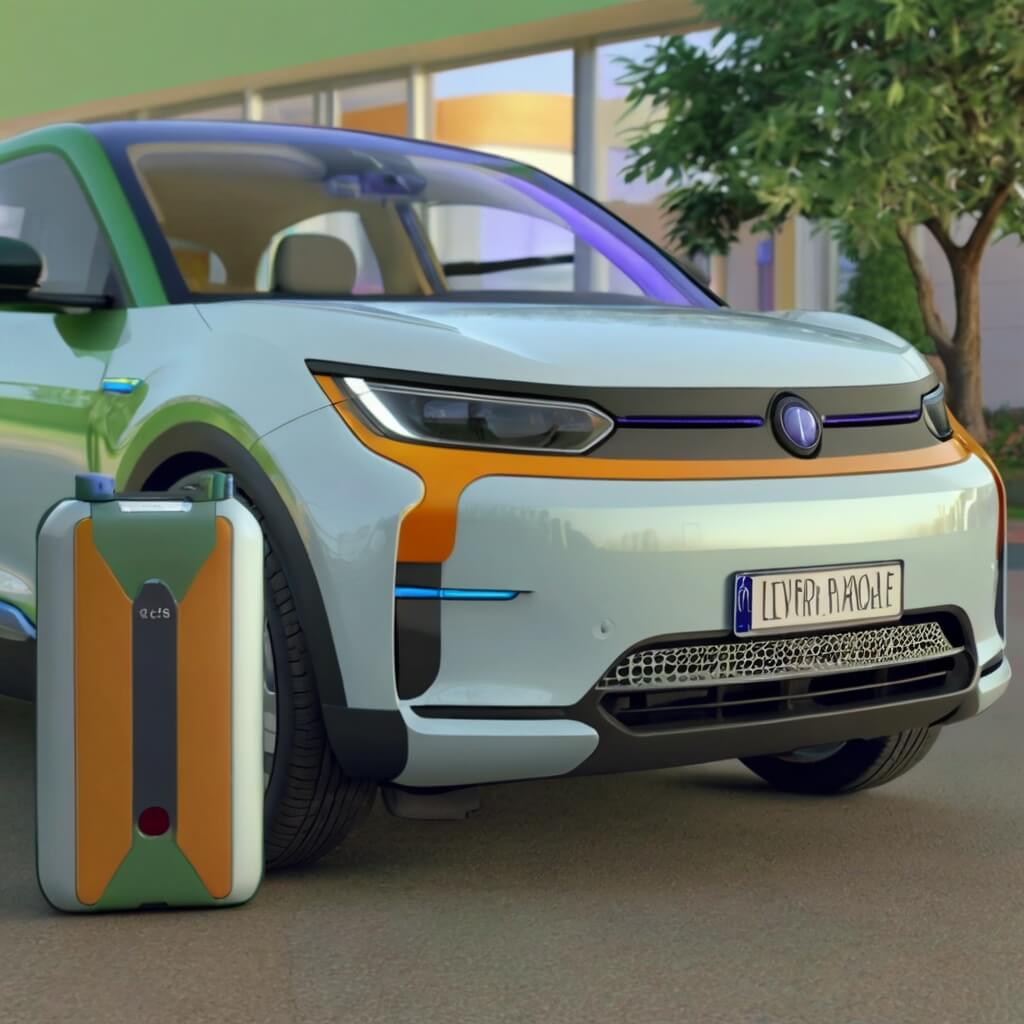
Types of Batteries for Electric Vehicles: Powering the Future
Electric vehicles (EVs) rely on powerful batteries to store energy and propel the car. While the future holds promise for various battery technologies, lithium-ion currently reigns supreme in the EV world. Let’s delve into the types of batteries used in EVs and explore the concept of adding external batteries.
Powering the Drive: Lithium-Ion Takes the Lead
Lithium-ion (Li-ion) batteries are the dominant force in EVs due to their high energy density, meaning they pack a lot of power in a relatively small space. This translates to longer driving range for EVs. Additionally, Li-ion batteries offer good cycle life, meaning they can be charged and discharged numerous times before needing replacement.
However, Li-ion technology is still evolving. Different chemistries within the Li-ion family offer variations in performance, cost, and safety. Research continues to improve efficiency, reduce charging times, and enhance overall battery life.
Internal vs. External Battery Options: Weighing the Advantages
Most EVs come with internally mounted battery packs, seamlessly integrated into the vehicle’s design. These internal batteries offer advantages like:
- Safety: Internally mounted batteries benefit from extensive safety engineering and testing by the manufacturer, minimizing fire risks.
- Efficiency: Internal batteries are specifically designed to work in harmony with the car’s electrical system for optimal performance and energy efficiency.
- Convenience: Charging is as simple as plugging the car into a charging station.
However, the concept of external batteries, separate from the vehicle itself, has also garnered interest. Here’s a closer look:
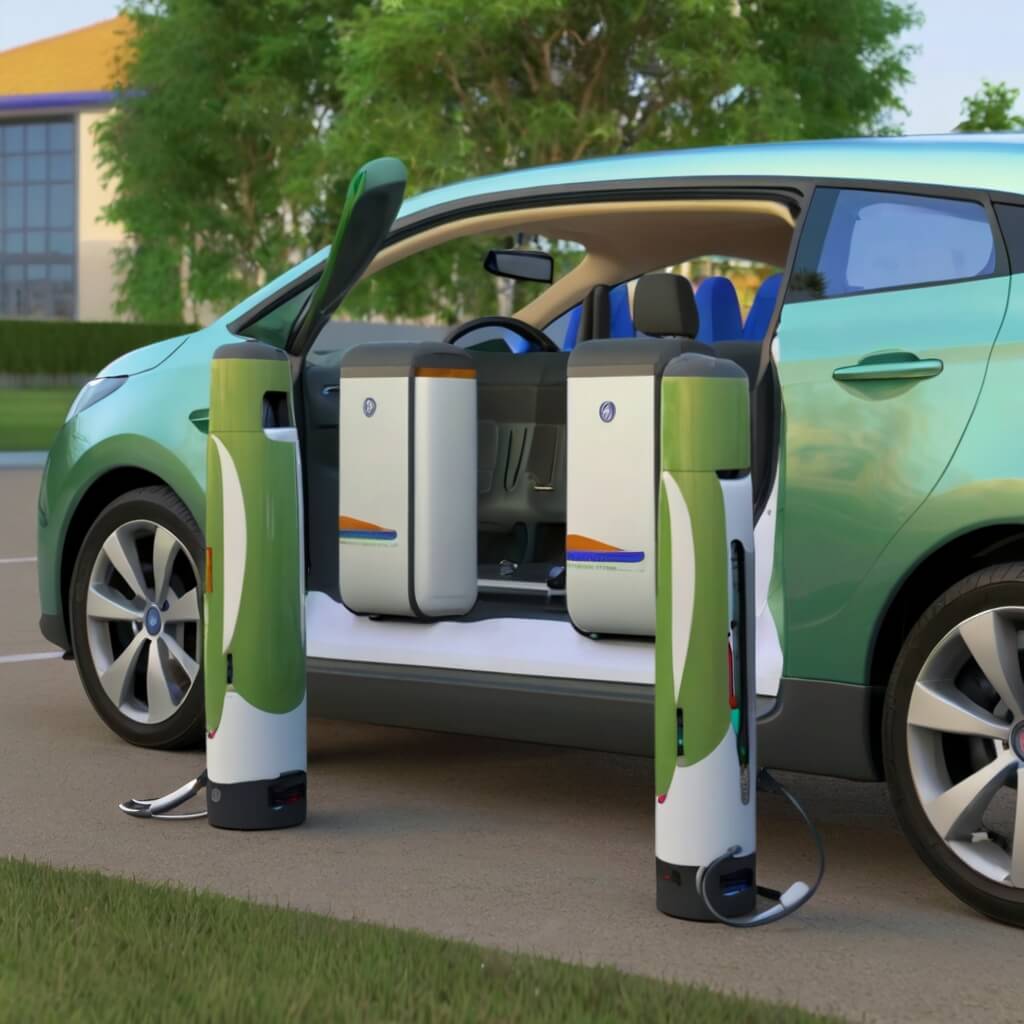
Adding an External Battery: Not Quite There Yet
The idea of adding an external battery to extend an EV’s range seems appealing. However, for now, it’s not a practical or recommended solution due to several challenges:
- Technical Complexity: Integrating an external battery with the car’s existing electrical system requires significant modifications, potentially compromising safety and performance.
- Safety Concerns: Lithium-ion batteries require specialized handling and charging procedures. Improper handling of an external battery could pose fire risks.
- Limited Availability: Standardized external battery solutions for EVs are not yet widely available.
While the concept of external batteries might hold promise for the future, with advancements in technology and standardized designs, the current focus remains on optimizing internal battery technology and expanding charging infrastructure.
Future Outlook: The future of EV batteries is bright. Research into solid-state batteries promises even faster charging times and potentially longer range. Additionally, advancements in battery swapping technology could make external battery solutions more viable in the coming years.
Hold on to that Extra Battery Pack! (Maybe Not for Your EV)
While the idea of extending your electric vehicle’s (EV) range and performance with extra batteries sounds appealing, there are important considerations. Currently, adding batteries to most EVs isn’t recommended due to safety and technical challenges.
Here’s why adding extra batteries isn’t ideal:
- Safety Concerns: EVs are complex systems designed to work with a specific battery pack. Adding more batteries can overload the electrical system, leading to overheating and potential fire hazards.
- Technical Challenges: Integrating extra batteries requires modifications to the car’s software and electrical system, which can be difficult and risky for non-professionals.
- Warranty Concerns: Modifying your EV’s battery system may void your warranty, leaving you responsible for any repairs.
So, what are some better options for extending your EV’s range?
- Level 2 Home Charging Stations: Installing a Level 2 charger at home allows for faster charging, reducing the need for frequent public charging stops.
- Public Charging Networks: Utilize the growing network of charging stations while planning your trips to minimize range anxiety.
- Portable Chargers: Keep a portable charger handy for emergency top-ups, providing peace of mind on longer journeys.
The Future of EV Battery Technology
The good news is that EV battery technology is constantly evolving. Battery packs are becoming more powerful, offering greater range on a single charge. Additionally, faster charging times are on the horizon. Standardized battery packs, allowing for easier swapping at dedicated stations, might become a reality in the future.
The Takeaway
For now, adding extra batteries to your EV isn’t a recommended practice. However, with the rapid advancements in battery technology, the future looks bright for extended EV range and performance. Focus on utilizing existing solutions like home charging and public networks, and stay informed about the exciting developments in the EV battery landscape.
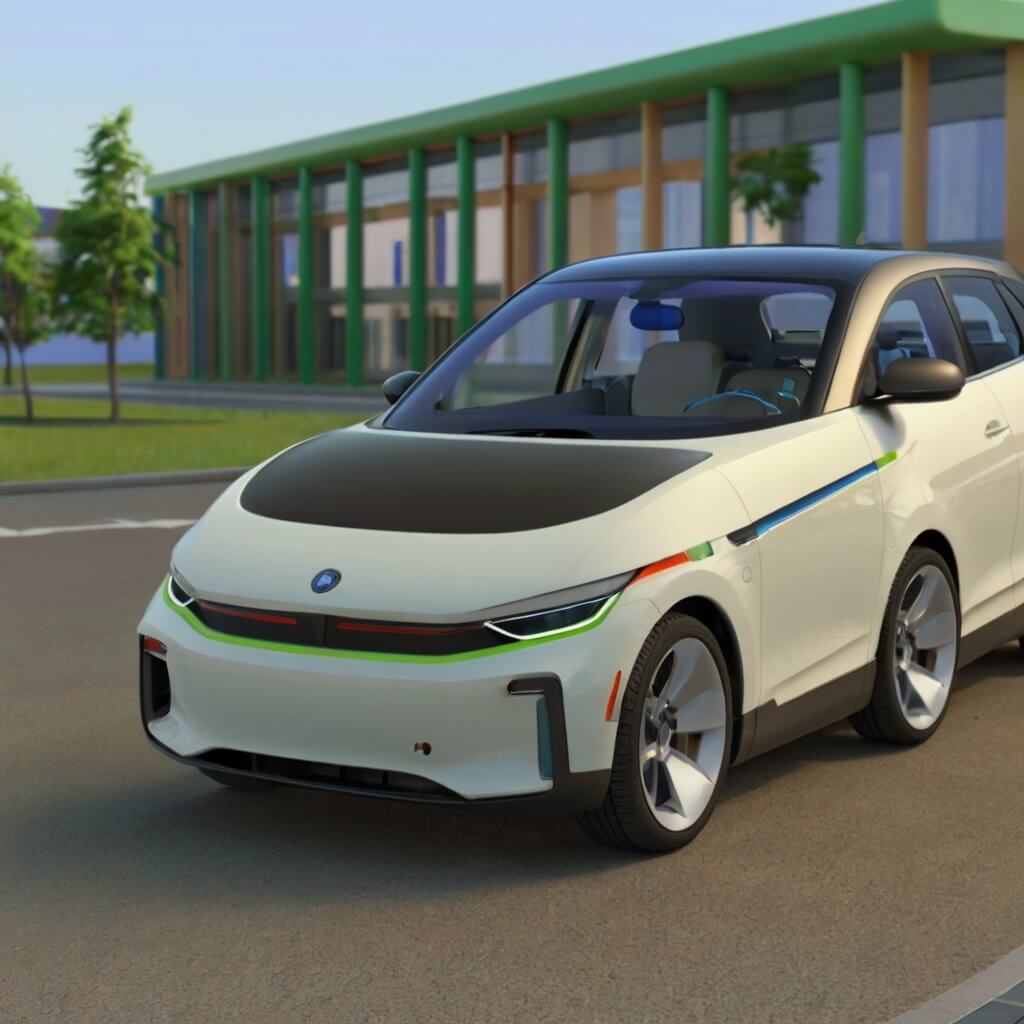
Alternative Solutions to Extend Your EV’s Range: Power Up Without Packing On the Pounds
While adding extra batteries isn’t the answer, there are several effective ways to extend your EV’s range and combat range anxiety. Here are some practical and safe solutions:
- Level 2 Home Charging Stations: Invest in a Level 2 home charging station for a significant boost in charging speed compared to a standard outlet. This allows you to “refuel” overnight, ensuring your EV is ready for daily commutes or weekend adventures. Imagine waking up to a fully charged car every morning – convenient and time-saving!
- Public Charging Networks: The good news is that the network of public charging stations is rapidly expanding. Utilize resources like mobile apps to locate charging stations on your route and plan your trips accordingly. Knowing where to find a charge can significantly reduce range anxiety and make long-distance travel with your EV more feasible.
- Portable Chargers: Keep a portable charger in your trunk for peace of mind. While not intended for full charges, these handy devices can provide a vital top-up in case of unexpected situations or to reach that slightly out-of-range destination. Think of it as a portable safety net for your EV adventures.
- Battery Swapping Stations (Limited Availability): While not yet a widespread solution, battery swapping stations offer the potential for a quicker “refueling” experience, similar to filling up a gas tank. The concept is currently championed by Tesla with their Supercharger Network, but compatibility is limited to Tesla vehicles at this time. However, this technology holds promise as a future option for extending range across different EV brands.
By utilizing these alternative solutions, you can maximize your EV’s potential and experience the joy of electric driving without the limitations of range anxiety.
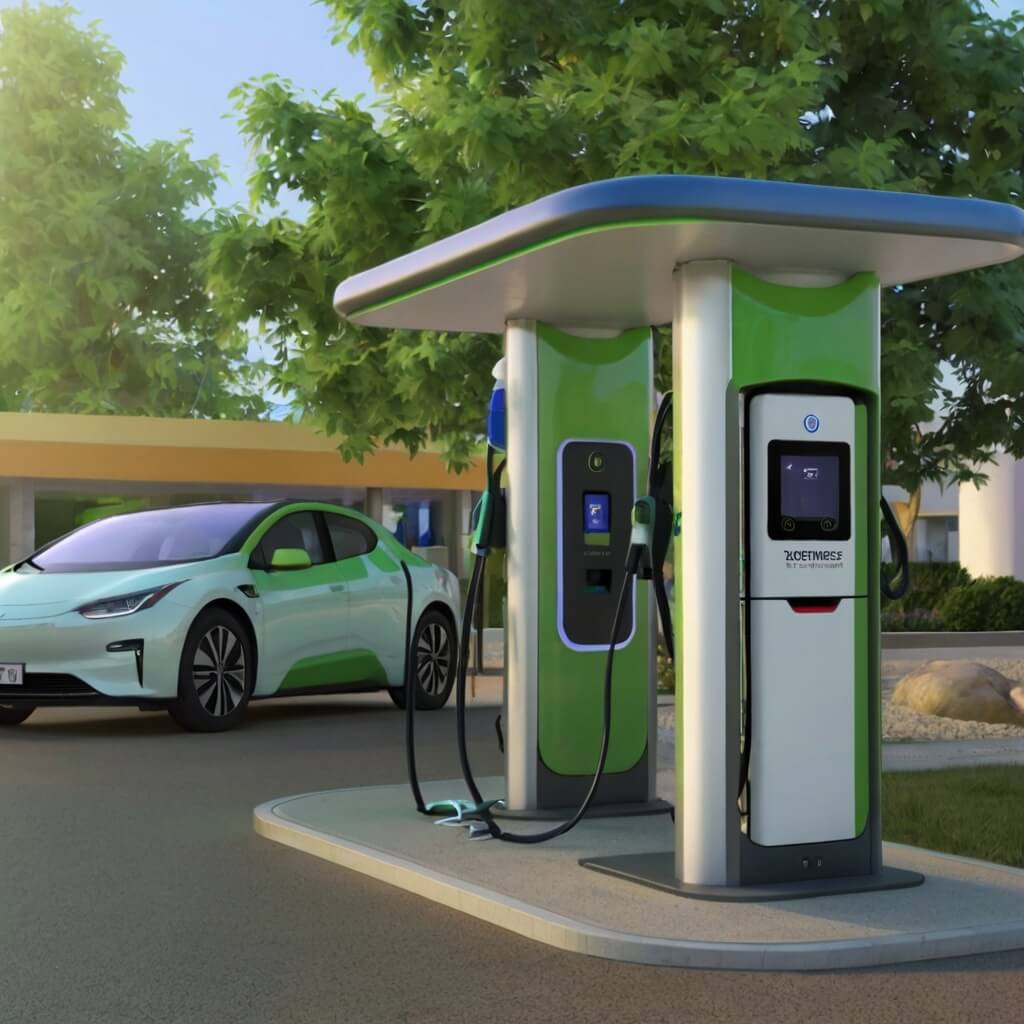
An Overview of Electric Car Batteries
Electric car batteries are crucial for the operation of electric vehicles. They enable the car to store sufficient energy to power it for a reasonable distance. As a result, extra batteries are essential to ensure that the car has enough power to complete long trips without the need for frequent charging.
These additional batteries provide backup power, allowing the car to continue running in case the primary battery fails. They also help increase the range of the electric vehicle, as the more batteries it has, the longer it can travel without being recharged. Like the main battery, these extra batteries require regular maintenance, including charging and replacement, to ensure optimal performance.
In conclusion, while electric cars continue to evolve and improve, extra batteries will remain a necessary component, ensuring that these vehicles can provide a reliable and efficient mode of transportation.
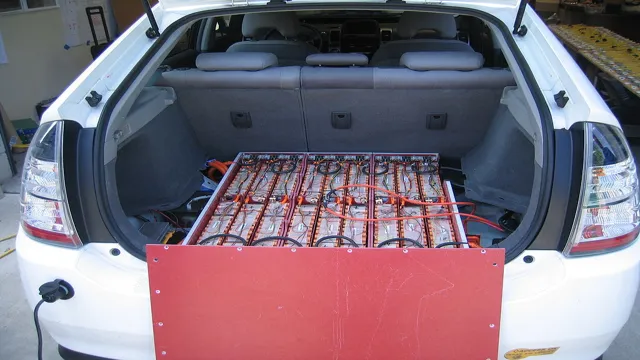
The Future of EV Battery Technology: A Brighter Charge Ahead
While adding extra batteries to existing EVs isn’t ideal, the future of EV battery technology offers exciting possibilities for extended range and performance. Here’s a glimpse into what’s on the horizon:
- Increased Range: Research is focused on developing batteries with higher energy density, allowing EVs to travel further on a single charge. Imagine road trips with fewer stops or daily commutes without range anxiety.
- Faster Charging Times: Imagine spending less time plugged in. Advancements in battery technology and charging infrastructure are leading to significantly faster charging times. This could revolutionize long-distance travel and make EVs even more convenient.
- Standardized Battery Packs: A future possibility is the development of standardized battery packs. This would allow for easier swapping at dedicated stations, similar to how we refill gas tanks today. This could significantly reduce charging times and make EVs even more user-friendly.
These advancements, coupled with ongoing research into solid-state batteries and other innovations, promise a future where EVs are not only environmentally friendly but also practical and convenient for everyday use.
Comparing EV Range and Battery Power
When it comes to comparing electric vehicle (EV) range and battery power, it’s essential to understand just how important having extra batteries can be. While EV range can vary greatly depending on the make and model, battery power ultimately determines how much operation time an EV has before needing a recharge. Having extra batteries can ensure that an EV has the power it needs to go the distance without needing a recharge, making it a great investment for those who frequently travel long distances or want to rely solely on their EV for transportation.
Think of it like a runner carrying a water bottle during a marathon – they need that extra hydration to make it to the finish line without getting dehydrated. An EV with extra batteries has that extra power to keep going without running out of “gas.” So, if you’re considering an EV, don’t overlook the importance of battery power and consider investing in extra batteries for peace of mind on those long drives.
Options for Adding Extra Batteries
Adding extra batteries to an electric car can be a great way to extend its driving range and improve its overall performance. There are several options available for adding extra batteries, including a bolt-on battery pack, a custom-built battery system, or swapping out the original battery for a larger one. Bolt-on battery packs are a popular choice for those who want to add extra range to their existing electric car, as they are relatively easy to install and can be done without modifying the original battery system.
Custom-built battery systems, on the other hand, are designed specifically for a particular vehicle and can provide a significant boost in both range and performance. And finally, swapping out the original battery for a larger one is a more expensive option, but can be the most effective way to increase driving range and performance. No matter which option you choose, adding extra batteries to your electric car can provide a significant improvement in range and performance, making it a worthwhile investment for those who want to get the most out of their electric vehicle.
Upgrading the Battery Pack
When it comes to upgrading the battery pack of your vehicle, there are a few options to consider. One popular method is to add extra batteries, which can provide longer run times and increased power. One option is to add a second battery that can be charged while the vehicle is running, providing additional power when needed.
Another option is to install a deep cycle battery, which is designed for long-term use and can provide more consistent power over time. Some people also choose to add a solar panel to their vehicle, which can keep the batteries charged without the need for an external power source. Whatever method you choose, it’s important to carefully consider your options and choose a solution that will work best for your needs.
By upgrading your battery pack, you can greatly increase the range and capabilities of your vehicle, making it a more practical and efficient mode of transportation.
Adding Portable External Batteries
When it comes to staying powered up on-the-go, portable external batteries are a game changer. There are a variety of options available, from small portable chargers that can fit in your pocket to larger power banks that can charge multiple devices at once. One popular option is a solar-powered battery pack, which can charge up using the sun’s energy during the day and then provide power to your devices at night.
For those who need a lot of power, there are heavy-duty power banks that can charge laptops, tablets, and phones multiple times. No matter what your power needs are, there’s a portable external battery out there that can keep you connected and charged up while you’re on the move.
Converting to a Hybrid System
If you’re considering converting your vehicle’s system to a hybrid, you may be wondering about your options for adding extra batteries. One option is to simply install an additional battery in your car. This can be a cost-effective solution, but it may not provide the power or longevity you need for optimal performance.
Another option is to invest in a larger battery, which can provide more power and energy storage. You’ll want to think about the size and weight of the battery, as well as how it will fit into your car’s existing system. A hybrid conversion specialist can help you determine the best solution for your specific needs.
Ultimately, the type and number of batteries you’ll need will depend on the size and weight of your vehicle, as well as your driving habits and desired level of performance. With the right setup, you can enjoy a more eco-friendly and efficient driving experience while still maintaining the power and performance you rely on.
Benefits of an Extra EV Battery
Adding an extra battery to an electric car can have many benefits. Firstly, it can increase the driving range of the car, meaning that you can go further before needing to recharge. This is particularly useful for those who need to travel long distances, as it can help to eliminate range anxiety.
Additionally, an extra battery can provide increased power to the car, making it faster and more responsive. This can be particularly useful in situations where you need to accelerate quickly, such as when merging onto a highway. Finally, an extra EV battery can help to extend the lifespan of your electric car by reducing the strain on the existing battery.
By distributing the load across two batteries, each one will have less wear and tear and will last longer overall. Overall, adding an extra battery to your electric car can provide a range of benefits, making your driving experience better and more enjoyable.
Increased Driving Range
One of the most significant benefits of an extra EV battery is an increased driving range. With a larger battery, electric vehicles can travel greater distances before needing to be recharged. This means EV drivers can take longer road trips with fewer stops to recharge their vehicles.
A more extended range is also excellent for drivers with long commutes or those who frequently travel on highways where charging stations may be few and far between. Overall, an extra EV battery provides peace of mind, more comprehensive travel options, and greater flexibility for electric vehicle drivers. So if you’re looking for a way to enhance your EV’s capabilities, consider upgrading to a larger battery today!
Reduced Charging Time
Reduced Charging Time One of the significant benefits of having an extra EV battery is reduced charging time. With an additional battery, you no longer have to worry about long charging times or running out of power while on the road. You can simply swap out the depleted battery with a fully charged one in just a matter of minutes and continue on your journey.
This not only saves time but also eliminates the need to find and wait for charging stations, especially on long road trips. Moreover, it gives you the peace of mind that you have enough power to reach your destination no matter what. So, if you’re looking for a more convenient and hassle-free EV driving experience, consider investing in an additional battery that can help you save time and take you places without any interruptions.
Making the Investment in Extra Batteries
Adding extra batteries to an electric car is a smart investment for those who rely on their cars for transportation. With advancements in battery technology, electric vehicles are gaining more traction on the road, but still face the challenge of range anxiety. Adding an extra battery can extend the range of the car, giving drivers peace of mind that they won’t run out of juice in the middle of a long trip.
Plus, having an extra battery can also come in handy during emergencies, such as power outages, where having a reliable source of energy is crucial. Of course, adding an extra battery comes at a cost, but it’s important to weigh the benefits against the price tag. In the long run, the investment can result in both a more reliable and efficient electric car.
Conclusion
With a little extra juice in the tank, an electric car can go the distance and then some. Adding an extra battery is like giving your car a power-up mushroom – it’s an investment in extended range and reliability. Plus, when it comes to going green, the more charge the merrier!”
FAQs
How can I add an extra battery to my electric car?
You can consult with your car manufacturer or a certified mechanic to determine the best way to add an extra battery to your electric car.
Will adding an extra battery increase the range of my electric car?
Yes, adding an extra battery can help increase the range of your electric car. However, the exact increase in miles per charge will depend on various factors such as the size and capacity of the extra battery and the driving conditions.
Can I install the extra battery myself?
It is not recommended to install the extra battery yourself as it can be dangerous and may void your car’s warranty. It is best to consult with a professional mechanic for the installation.
How much does it cost to add an extra battery to an electric car?
The cost of adding an extra battery to an electric car can vary depending on the type and size of the battery and the cost of installation. It is best to consult with a mechanic or car manufacturer for an accurate estimate.
Can I add an extra battery to my electric car? / Can you put a bigger battery in your electric car? / Can you have multiple batteries for an electric car?
No, adding extra batteries to most existing EVs is not recommended. As discussed earlier (refer to “Why Adding Extra Batteries is a Risky Proposition”), EVs are complex systems with intricate integration between the battery pack, electrical system, and software. Introducing additional batteries disrupts this balance and can lead to overloading, overheating, and even fire hazards. It’s important to prioritize safety and avoid modifications that could compromise your EV’s functionality.
Will adding an extra battery void my warranty?
Yes, in most cases, modifying your EV’s battery system will void the manufacturer’s warranty. This means you’ll be responsible for any repairs or replacements resulting from these modifications. It’s always best to consult your car’s manual or dealership before making any changes that could impact the warranty.
Are there any after-market kits for adding extra batteries?
While some after-market kits for adding extra batteries to EVs might exist, they are generally not recommended due to safety concerns and potential incompatibility with your specific vehicle. The risks associated with such modifications outweigh any perceived benefits.
Can you have a spare battery for an electric car?
Technically, you can carry a spare battery pack for your EV, but it’s not a practical solution for most situations. EV battery packs are large, heavy, and require specialized equipment for safe handling and replacement. It’s far more efficient to utilize existing charging solutions like home charging stations or public charging networks.
